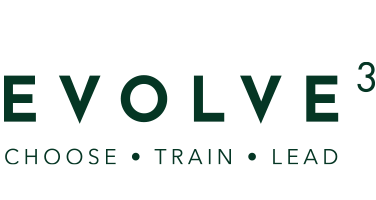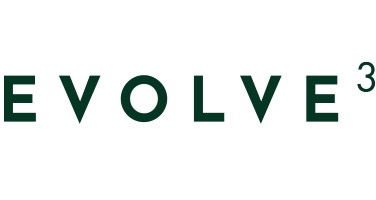
20 Jun Onboarding: first impressions matter
You only get one chance to make a good first impression.
Is your onboarding process well-thought-out and consistently executed, or do your supervisors and managers “wing it” on the day a new person starts? The way you introduce new staff reflects the expected performance standards for all employees in your business and gives new hires an early view of how professional your organisation is. If team leaders “wing it”, you leave your business exposed to all kinds of risks, ranging from poor productivity and inconsistent standards to serious legal issues.
How can you expect someone to kick a goal if the goalposts aren’t stationary and visible?
Highly evolved hospitality companies understand the importance of onboarding and devote time and money to develop comprehensive onboarding programs that set new staff on the right path and avoid problems in the future.
If staff are not aware of the aims of the business or the philosophy of the owners, how can they make decisions for the good of the business? If staff can’t articulate exactly what their job is, and how their performance is judged, how they can they perform to a high standard?
In addition to facilitating the smooth assimilation of a new hire into their job and the team, onboarding must include information relating to workplace health and safety, and all the policies and rules that apply to your company and it’s employees. This would normally be done by producing an employee handbook or onboarding pack. Most HR software solutions like Employment Hero or Happy HR make the production, storage, distribution, acknowledgement and signed acceptance of this information fairly simple, once set up.
The employee pack should clearly outline the general rules for things like lifting, electrical safety, chemical use, fire safety and any other safety issues that apply to your particular work environment. It should also explain the rules for basic food handling and personal hygiene (hand washing, use of head covering, wearing of uniforms, infectious illnesses, etc).
The onboarding pack should also aim to spell out a set of general rules that are fair and that bring reliability to your business. Consider things like staff punctuality; taking ‘sickies’ at little or no notice; swapping shifts with inexperienced staff; failing to complete time logs; availability at exam times; staff leave during peak trading periods; use of mobile phones on shift; smoke breaks; knock-off drinks; staff meals etc. A good way to come up with a comprehensive list is to brainstorm this with your key staff.
An onboarding pack should also outline policies relating to things that have the potential to cause a legal problem or make you liable to a damages claim such as: being under the influence of alcohol or drugs; physical, verbal and sexual harassment; unauthorised use of company property; theft; and use of company vehicles. You should also include the grounds on which you can instantly dismiss an employee. These can be easily found on the Fairwork website.
The idea of keeping a record of all these things is to remove the excuse: ‘I didn’t know about that’, if it comes to an argument or, in extreme cases, a court case. On that note, your employee onboarding pack should include a signed, dated acknowledgement that the contents have been read and understood, along with an agreement to abide by the rules and regulations contained in it. Any changes to your onboarding pack should be distributed to, and acknowledged by your employees.
If you think this is compliance overkill, consider the cost of going to court for unfair dismissal or having someone go out on extended injury leave for disobeying a policy that you can’t prove you informed them of.
To learn more about effective onboarding and skills training, consider the 2-day How to Train workshop we host regularly in Melbourne.



